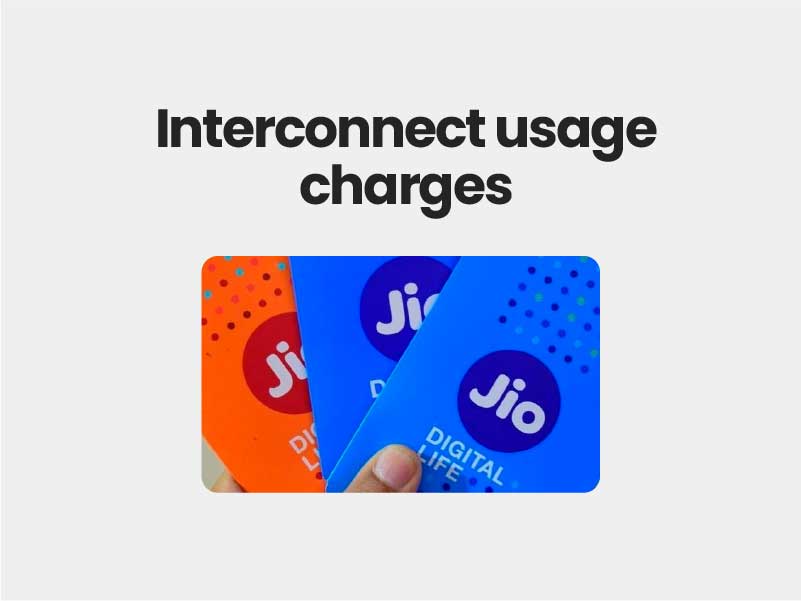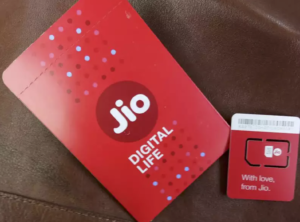Companion@360 → 7 Month programme to sharpen your writing skills → REGISTER NOW

Interconnect usage charges (IUC)
Reliance Jio announced that it is ending interconnect usage charges (IUC) for all domestic voice calls, which is in line with the Telecom Regulatory Authority of India’s (TRAI) directions to move towards Bill and Keep (BAK) regime which is coming into force from January 2021.
-
- In short, it means that Jio will make its voice calls free for all types of calls.
- In 2019-end, when TRAI had extended the deadline to abolish IUC charges, Jio had started charging its subscribers at 6 paise per minute if they were making mobile calls to the customers of other telcos such as Airtel, Vodafone Idea, etc.
- Initially, Jio asked its subs to buy top-up plans – valued between Rs 10 and Rs 100 – to pay for IUC charges, but later, these charges were merged in the recharge plans.
- Though Jio compensated its subs with giving out data of the equivalent value.
Interconnect usage charges – Bill and Keep:
- The new regime, where zero termination rate is payable, is known as bill and keep. A termination charge was paid to the operator on whose network the call terminated by the originating network.
Trai had then said it has to keep the interests of 2G/3G subscribers in mind. It had further said traffic imbalance between an only 4G operator (Reliance Jio) and other operators had reduced from the peak of approximately 60 billion minutes per month in December 2017 to 40 billion minutes per month in June 2019.
- It had earlier expected this imbalance to be corrected by 2020 but since it did not happen the regulator extended the rate by a year.
Advantages of Bill & Keep (BAK):
- Fosters Cost Recoveries from Operations Rather than Competitors
- Increased Usage and Support for Innovative Tariff Plans.
- Does not impact profits.
- Eliminates on-net and off-net pricing discrepancies
- Facilitates Competition.
- Avoids predatory pricing.
- Is Future Proof as it supports convergence of voice and data networks

